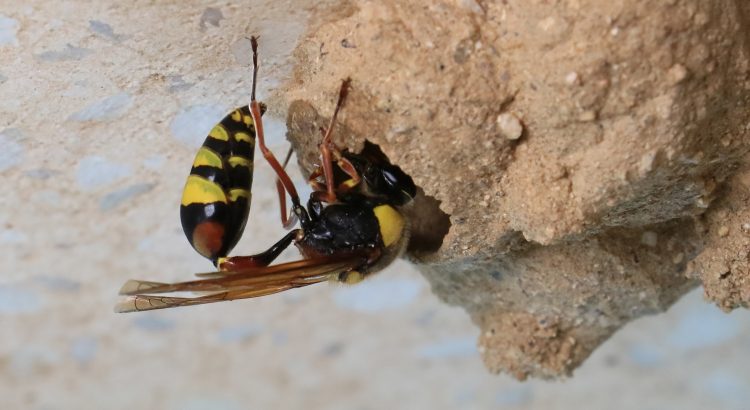Progress can be so slow we can’t see it.
Plants look like they don’t even move. Seen in time-lapse, they’re flailing, exploding with life.
Building muscle, losing fat, and growing investments through compound interest are three more examples. In real time, it sure looks like nothing is happening. If we didn’t know they work long-term, we’d never do them.
Here are some more…
I’ve been trying to get better at writing (both screenwriting and prose) for about 15 years.
Am I getting better? It never feels like it. But if I look at my writing from seven years ago, my improvement is striking. I see my old mess: the volunteer sentences, the phrase vomit, the trainwreck of clauses.
If I look back 25 years, I’m embarrassed.
A good sign.
Years ago, I attended a Jeff Berlin bass clinic. Someone asked about learning to read music (it’s not easy). He answered with the analogy of taking a tiny step every day. He demonstrated scooting his feet forward, an almost imperceptible distance — over and over. He pointed: “It doesn’t look like I’m moving much. But before you know it, I’ll be out that front door and in the parking lot.”
Today, I noticed a mud dauber wasp building a nest on the ceiling of my balcony.
It flew down to the nearby lake, rolled up a tiny ball of mud, carried it back in its jaws, and plastered it onto the nest. It repeated that all day long.
Each trip it took, the nest appeared to get no bigger. But if that little insect continues adding drops of mud all day, every day, the nest will grow to the size of a golf ball. (Imagine a human having the patience to carry mouthfuls of mud back and forth until it was the mass of a car.)
And finally, Best of Five: The Classic Tetris Champions. For three years, while director Chris Higgins worked on other parts of the process, I chipped away at the musical score.
I had a large-scale plan (a rough piano sketch) but only focused on recording one element at a time—even one measure or one note at a time.
The amount of energy I could dedicate every week was limited. For example, one week, I might record the bass guitar for a single scene, then come back next week and record the bass guitar for the next scene. Multiply that by every scene for every instrument.
I had to trust my skills and decades of experience — focusing only on the individual microscopic pieces — and knowing it would work.
It took me almost 200 hours. (195.59 hours, to be exact.) And then it was DONE. I had a complete score.
It was surreal: when I hit play and listened to the exported WAVs from start to finish, I could barely remember composing or recording it. It was like someone else made an album in Carl King’s style.
During one scene, I thought, “This is the best thing I’ve ever written.”
It shocked me because, throughout the process, I was simply showing up every week and working on it for a few hours. When I did that important creative work, it felt mundane and tedious. Like nothing special.
And now for the moral lesson: social media discourages us from this type of focus. We lose the discipline to hack at something, slowly, every day, for years, in isolation, with no applause, until it’s done.
But that’s how so many great things are made.
Cal Newport talks a lot about this. I recommend his latest book, Slow Productivity.
